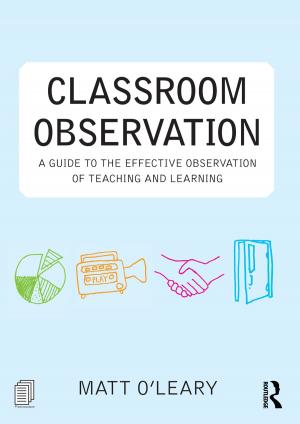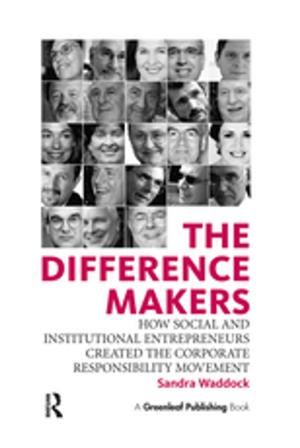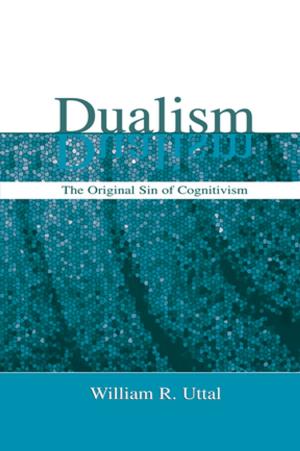Clean Coaching
The insider guide to making change happen
Nonfiction, Health & Well Being, Psychology, Occupational & Industrial Psychology, Counselling, Mental Health| Author: | Angela Dunbar | ISBN: | 9781317574392 |
| Publisher: | Taylor and Francis | Publication: | October 14, 2016 |
| Imprint: | Routledge | Language: | English |
| Author: | Angela Dunbar |
| ISBN: | 9781317574392 |
| Publisher: | Taylor and Francis |
| Publication: | October 14, 2016 |
| Imprint: | Routledge |
| Language: | English |
Most coaches today see their role as mainly non-directive, helping to uncover their coachee’s own wisdom. However, coaches may unwittingly and unconsciously constrain what their coachees talk and think about, getting in the way of unique, self-generated solutions. Clean Coaching provides a different, simple yet highly effective approach to one-to-one facilitation. It is a style, strategy and set of techniques that help coachees gain insight and make changes through discovering more about their own ‘insider’ perspective: of themselves and the world around them. Through the use of specifically-phrased, structured coaching questions, the coach’s own biased perspectives are stripped from their language, ensuring the coachee’s unique personal experience is honoured.
In Clean Coaching, Angela Dunbar explains how this approach works in practical terms, with descriptions of how to structure a Clean Coaching session and the steps to take within such a session. The book gives detailed descriptions of the kinds of questions to ask and provides a wealth of analogues, examples and case studies to bring the descriptions alive, offering a clear blueprint for action. In addition, the book explains where Clean Coaching has come from, describing the development of Clean Language and other "Clean" approaches by the psychologist and psychotherapist David Grove. It also tracks how "Clean" approaches have been adopted and adapted by other practitioners. Dunbar draws on current research in the fields of developmental, neurological, cognitive and social psychology to demonstrate why Clean Coaching works so successfully.
Exploring Clean Coaching in detail, and informed by both research and practice, this book will be a valuable resource for coaches at all levels, including executive coaches and those in training, as well as managers and executives acting in a coaching capacity.
Most coaches today see their role as mainly non-directive, helping to uncover their coachee’s own wisdom. However, coaches may unwittingly and unconsciously constrain what their coachees talk and think about, getting in the way of unique, self-generated solutions. Clean Coaching provides a different, simple yet highly effective approach to one-to-one facilitation. It is a style, strategy and set of techniques that help coachees gain insight and make changes through discovering more about their own ‘insider’ perspective: of themselves and the world around them. Through the use of specifically-phrased, structured coaching questions, the coach’s own biased perspectives are stripped from their language, ensuring the coachee’s unique personal experience is honoured.
In Clean Coaching, Angela Dunbar explains how this approach works in practical terms, with descriptions of how to structure a Clean Coaching session and the steps to take within such a session. The book gives detailed descriptions of the kinds of questions to ask and provides a wealth of analogues, examples and case studies to bring the descriptions alive, offering a clear blueprint for action. In addition, the book explains where Clean Coaching has come from, describing the development of Clean Language and other "Clean" approaches by the psychologist and psychotherapist David Grove. It also tracks how "Clean" approaches have been adopted and adapted by other practitioners. Dunbar draws on current research in the fields of developmental, neurological, cognitive and social psychology to demonstrate why Clean Coaching works so successfully.
Exploring Clean Coaching in detail, and informed by both research and practice, this book will be a valuable resource for coaches at all levels, including executive coaches and those in training, as well as managers and executives acting in a coaching capacity.















